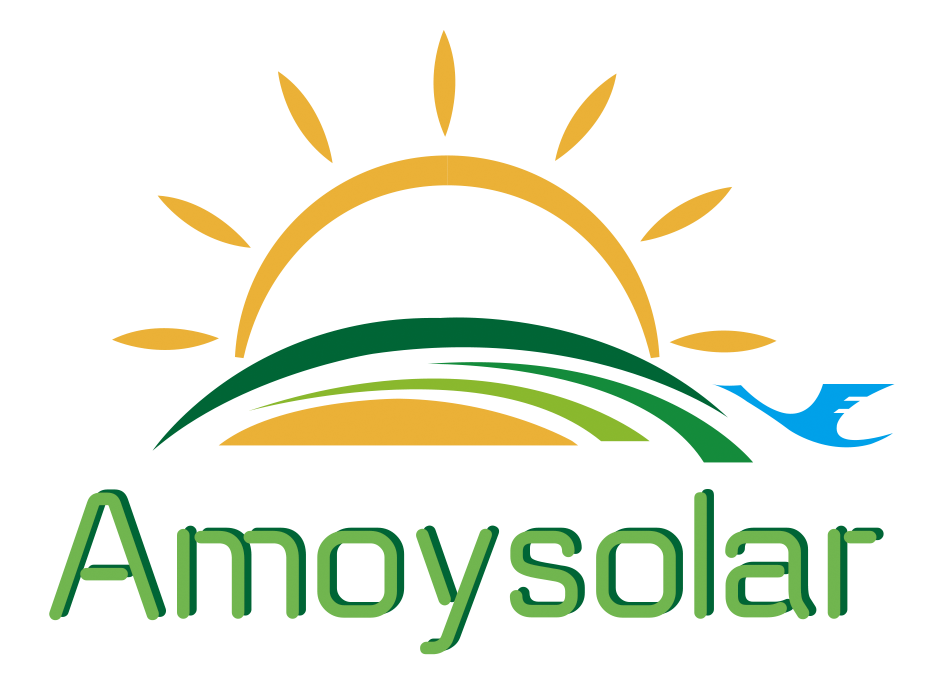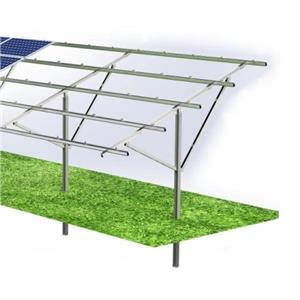U.S. Department of Energy Launches Program to Expand State and Local Capacity for Renewable Energy Planning, Siting, and Permitting
Photovoltaic (PV) technologies – more commonly known as solar panels – generate power using devices that absorb energy from sunlight and convert it into electrical energy through semiconducting materials. These devices, known as solar cells, are then connected to form larger power-generating units known as modules or panels.
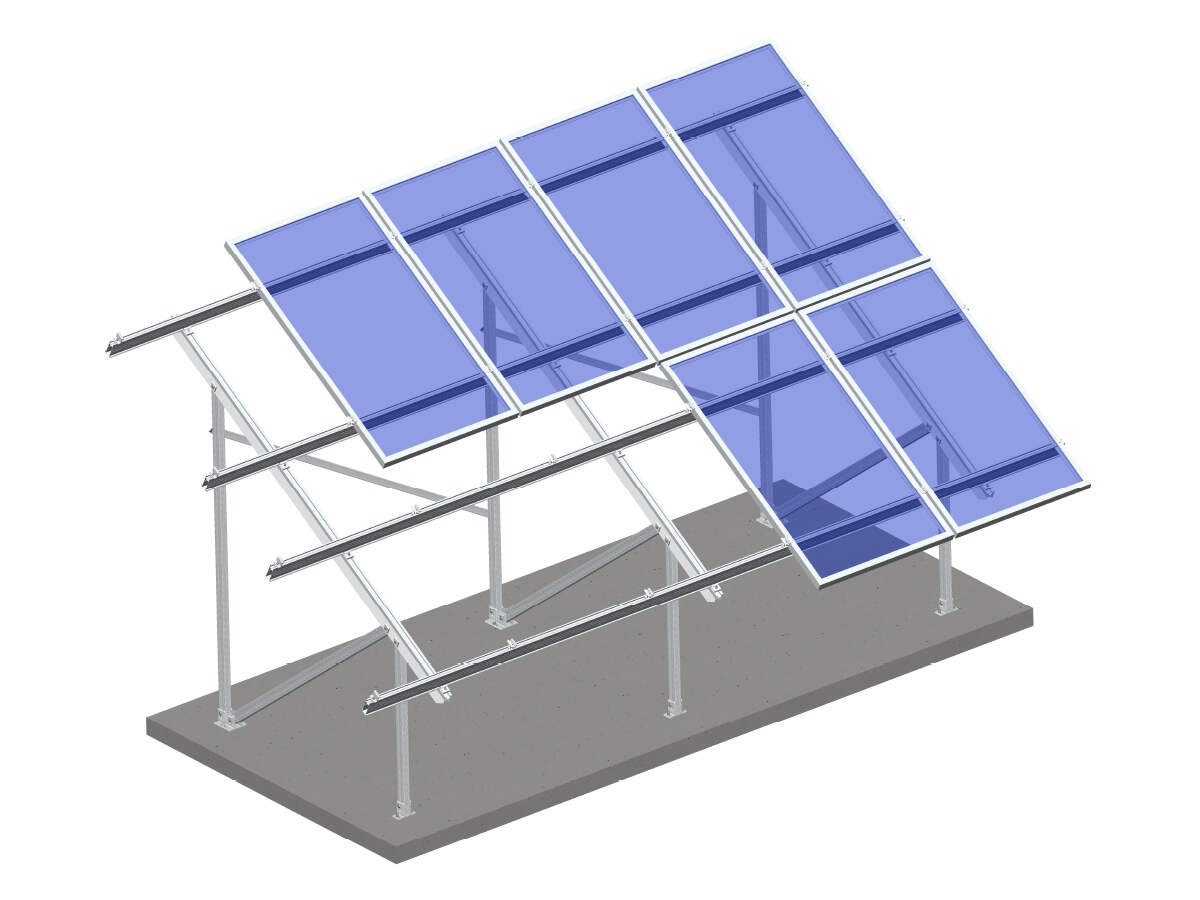
The U.S. Department of Energy Solar Energy Technologies Office (SETO) supports PV research and development projects that drive down the costs of solar-generated electricity by improving efficiency and reliability. PV research projects at SETO work to maintain U.S. leadership in the field, with a strong record of impact over the past several decades. Approximately half the world’s solar cell efficiency records, which are tracked by the National Renewable Energy Laboratory, were supported by the DOE, mostly by SETO PV research. SETO is working toward a levelized cost of $0.02 per kilowatt-hour (kWh) for utility-scale solar photovoltaics, $0.04 per kWh for commercial PV systems, and $0.05 per kWh for residential rooftop PV systems.
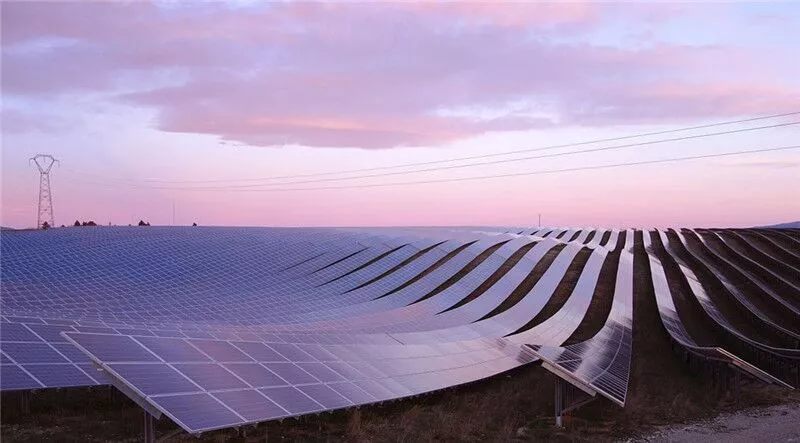
Washington, D.C. – Today, the U.S. Department of Energy (DOE) launched a new initiative to support states and local communities as they plan for and evaluate proposed development of large renewable energy facilities. The Renewable Energy Siting through Technical Engagement and Planning (R-STEP) program will support the creation of new, or the expansion of existing, state-based programs or initiatives that improve renewable energy planning and siting processes for local communities. Large-scale renewable energy projects, especially wind and solar facilities, have a pivotal role in decarbonizing the grid quickly and cost-effectively to achieve President Biden’s goals of a 100% clean electricity sector by 2035 and net-zero emissions economy by 2050. By supporting state-based programs that serve as a resource to local communities, R-STEP will improve renewable energy deployment outcomes for host communities, especially disadvantaged communities, local governments, and renewable energy developers.
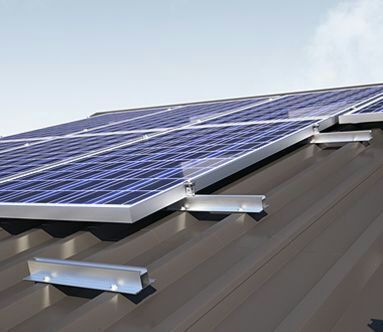
“Where and how large-scale solar, wind, and other renewable energy facilities are sited matters to communities. State and local authorities have important roles in evaluating and proactively planning for clean energy opportunities, but they may not have the resources to carefully consider many complex issues and perspectives,” said Alejandro Moreno, Acting Assistant Secretary for Energy Efficiency and Renewable Energy. “DOE is proud to support our state and local partners in the important work of facilitating a clean energy transition that benefits all host communities.”
